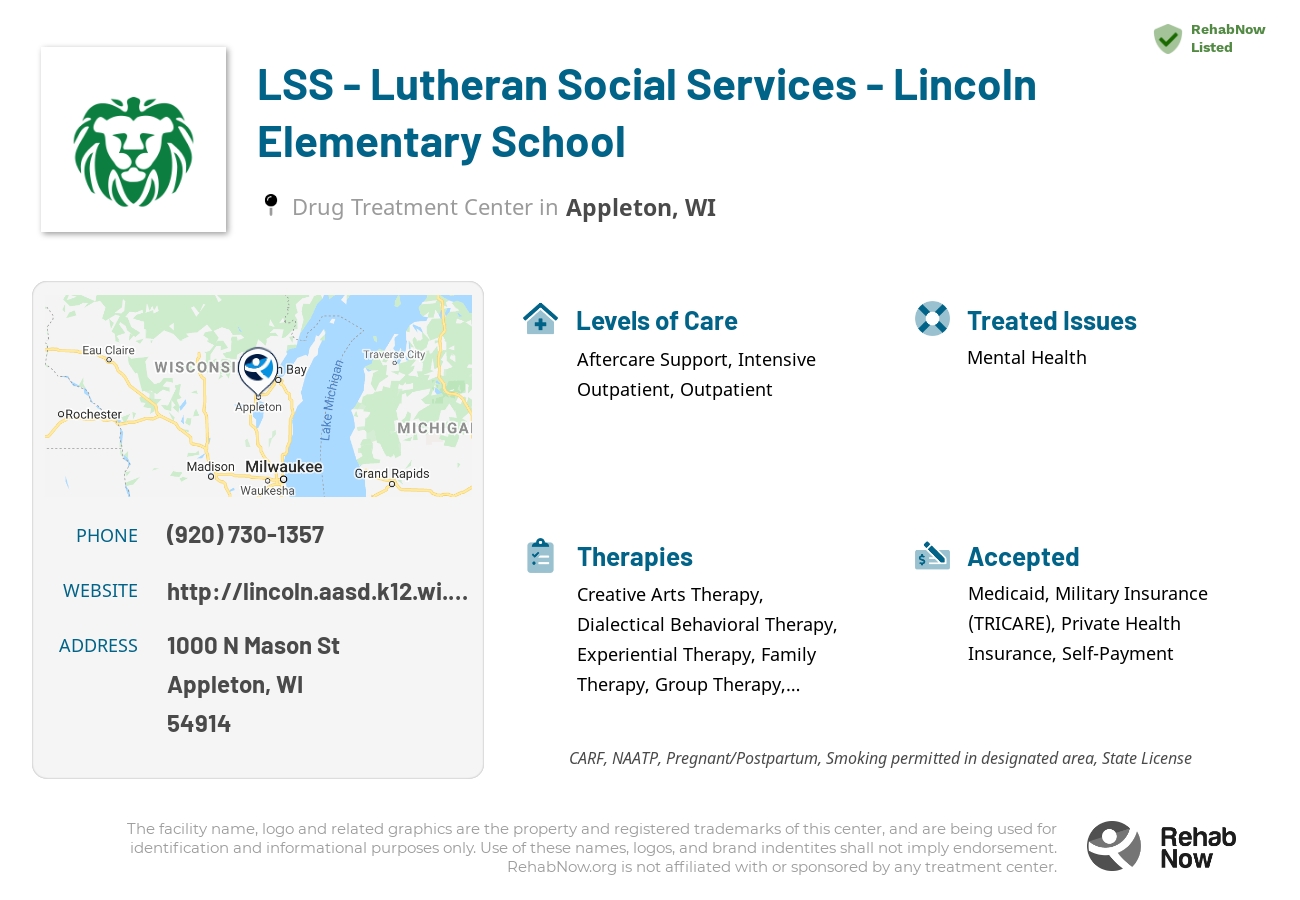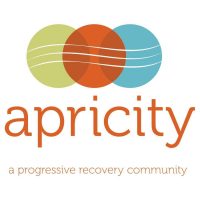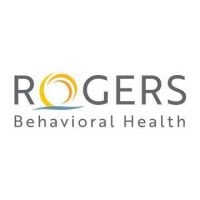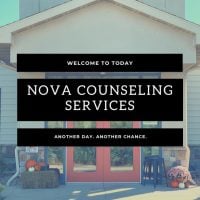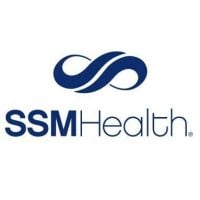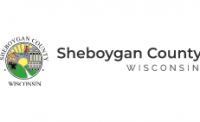LSS - Lutheran Social Services - Lincoln Elementary School
Drug Rehab Center in Appleton, Wisconsin
Lutheran Social Services - Lincoln Elementary School in Appleton, WI offers a range of mental health treatments, including CBT, DBT, and various therapies, to individuals of all ages and accepts private health insurance.
About LSS - Lutheran Social Services - Lincoln Elementary School in Wisconsin
Lutheran Social Services (LSS) - Lincoln Elementary School, located in Appleton, Wisconsin, is dedicated to helping students across the state who are struggling with mental health issues. Through their PATH (Providing Access to Healing) Program, offered in partnership with United Way, LSS - Lincoln Elementary School aims to break down barriers that often prevent students and families from seeking treatment.
- Licensed mental health professionals provide students with coping skills and treatments at school
- FACE-Kids offers accessible group counseling in schools, neighborhood centers, and FACE-Kids agencies
- The goal of FACE-Kids is to strengthen and improve a child's individual, family, and school life through supportive group settings
By addressing concerns such as scheduling appointments and insurance, the PATH Program ensures that students receive the care they need. The center is committed to providing the highest quality care while focusing on each individual's overall well-being.
LSS - Lincoln Elementary School treats a wide range of mental health issues, offering services such as creative arts therapy, dialectical behavioral therapy (DBT), experiential therapy, family therapy, group therapy, individual therapy, life skills training, motivational interviewing, recreational therapy, trauma therapy, aftercare services, and intensive outpatient programs.
Genders
Ages
Modality
Additional
Conditions and Issues Treated
Levels of Care Offered
This center offers a variety of custom treatment tailored to individual recovery. Currently available are Aftercare Support, Intensive Outpatient, Outpatient, with additional therapies available as listed below.
The Intensive Outpatient Program offered by LSS - Lutheran Social Services - Lincoln Elementary School is designed for those who need intensive care but would rather get it in the comfort of their own home. The treatment programs vary in duration and intensity and can be tailored to suit the patient’s needs. The program includes regular visits to the facility, though the overnight stay is not needed. IOP is suitable for patients who have been treated in residential treatment programs and are in the transition phase. It helps the patient live at home and discharge some work or school responsibilities even while undergoing treatment. The patients gradually get back to their routine life with the support of a friend or family member.
Outpatient treatment is often used for drug addicts in drug rehab. Outpatient treatment consists of counseling and therapy sessions. This form of treatment is also called ‘day-treatment’. The outpatient treatment process begins with the addict’s initial detox period, lasting about ten days.
Outpatient treatment is used for those who are at moderate risk for ‘slipping back’ into the addiction, for those who:
- Are not currently experiencing any side effects from withdrawal and can handle social pressure
- Can handle stressors that might trigger relapse
- Have a stable living environment or have moved out of their previous environment, which was not conducive to being sober
- Have a support system that allows them to go to a facility a few times a week while still keeping their current responsibilities
- Have no legal obligations, being either on parole or probation, that require them to seek treatment at a mandatory facility
- Are not currently experiencing any side effects from withdrawal and can handle social pressure
- Have a stable living environment or have moved out of their previous environment, which was not conducive to being sober
Completing a drug or alcohol rehab program is only the first step. Then comes aftercare support. These services include sober living accommodations, career counseling, and AA/NA programs for those struggling with sobriety or who want help maintaining it after initial rehab at an addiction facility.
They can last up to a year or more depending on what’s needed most urgently after the earlier stages are completed.
Therapies & Programs
Because no single treatment is effective for all addicts, the goal of treatment and therapy should be to figure out what works best for each individual. Tolerance and withdrawal levels differ from person to person, affecting the treatment intensity required. Addiction treatment should aim to help addicts develop healthy coping mechanisms for dealing with their addiction and its underlying causes.
Family therapy is beneficial for people who are in addiction treatment services because it offers addicts the opportunity to work with their family members to better understand what led them to make choices that contributed to their addiction.
This type of therapy helps family members reach a deeper understanding of how they can best support their loved one during recovery. It also helps the addict better understand their own motivations and triggers that led them to turn to substance abuse.
Family therapy can help addicts in the following ways:
- Assists family members in processing difficult feelings so they don’t blame or resent recovering addicts
- Assists family members in understanding how addiction has impacted the addict and everyone who is involved with them
- Allows the addict to take responsibility for their actions, while encouraging improved communication skills
- Helps family members understand how to best support an individual in recovery so addicts don’t relapse again.
Group therapy can help build a stronger support system and give addicts in Appleton, WI insight into their addiction that they gain through shared conversations. Group therapy occurs in a controlled group environment, exclusive of one on one meetings. This makes it safer for patients to feel comfortable sharing the struggles they’re going through and gaining perspective.
Trauma therapy is beneficial for people who are recovering from drug addiction because it helps them heal from past traumas that may have caused them to turn to harmful substances or led them to experience negative emotions that contributed to their destructive behaviors.
This type of treatment works by processing difficult experiences so individuals can learn how to process these events without having to turn to substances for coping.
Trauma therapy can help addicts in the following ways:
- Helps individuals understand their experiences and emotional responses to difficult events, including why they turned to drugs or alcohol
- Provides them with comfort and support while working through difficult emotions related to these traumatic experiences
- Offers an opportunity for addicts to have a voice and be heard, which can improve their self-esteem
- Can help them develop coping skills so they can better respond to triggers instead of turning to substance abuse.
Dialectical Behavior Therapy (DBT) is a cognitive-behavioral therapy that helps patients understand the relationship between their thoughts, feelings, and behaviors. It is beneficial for those whose addictions and behaviors stem from severe mental health issues. The term “Dialectic” means the integration of opposites. In substance abuse, DBT refers to accepting the patient’s addiction and working to change their thoughts and behavior. It improves life skills such as controlling intense emotions without reacting impulsively, resolving interpersonal conflicts effectively, and promoting awareness about self and others.
Cognitive-behavioral therapy is a technique that is used to help people with addiction. Specifically, it is a way of identifying thoughts and behaviors that cause the addiction. It is typically used in an individual counseling session.
The content explains cognitive behavioral therapy and how it works to address some behaviors that may be leading to unintended consequences in their life, as well as its benefits for those seeking sobriety.
It works by helping people to talk through their issues and addressing the thoughts that cause said behaviors. It is an excellent way of learning about oneself and one’s perception of the world.
Life Skills Services assist addicts in their recovery by teaching them healthy coping mechanisms that will aid them in becoming sober, focussing on helping people enter into, and maintaining long-term sobriety. Drug Treatment Centers provide Life Skills Services at varying levels of intensity, specific to the needs and requirements of each patient.
The benefits of Life Skills Services offered at LSS - Lutheran Social Services - Lincoln Elementary School:
- Restores hope and empowerment — Helps addicts believe that recovery is possible and instills a new confidence in their ability to achieve a positive, drug-free future
- Enhances family involvement — Encourages families to get involved in the recovery process and supports their understanding and encouragement of healthy behavior.
- Increases patient’s compliance — Helps patients take responsibility for and ownership of their recovery and encourages continued progress
- Reduces relapse rates — Encourages long-term abstinence and emphasizes the importance of establishing sober support systems.
Patient Experience
Creative Arts
Creative arts therapy, known as expressive therapy, may be used as a means of treatment. Acting and music are among the various forms used to express oneself where written words would fail through poetry or song. The goal is to find a balance by integrating thoughts and feelings to improve the mental state of patients in Appleton, Wisconsin.Experiential Therapy at LSS - Lutheran Social Services - Lincoln Elementary School
Experiential therapy uses engaging activities to help patients access deeper, often hidden emotions. For example, the patient could role-play a problematic situation or engage in activities like drawing, painting, poetry writing, music composition, exercising, or journaling to help process intense feelings.
Experiential therapy is a type of therapeutic approach that focuses on having patients work through problems, issues, or emotions by engaging directly in some real experience. Experiential therapy occurs face-to-face with a therapist who helps these people to explore their feelings first hand.
It is based on the belief that to truly understand and gain insight into oneself and behavior; it is necessary and helpful to have real experiences with the issues involved. Some therapists have developed the experiential therapy approach as a way of treating addictive behaviors or dealing with impulses related to addiction. It comes from an existential school of psychotherapy called ‘experiential existential.’
Payment Options Accepted
For specific insurance or payment methods please contact us.
Is your insurance accepted?
Ask an expert, call (888) 674-0062
Lutheran Social Services – WI Associated Centers
Discover treatment facilities under the same provider.
- LSS - Lutheran Social Services - Exodus House in Hudson, WI
- LSS - Lutheran Social Services - Community Transition Center in Eau Claire, WI
- LSS - Lutheran Social Services - Dodge County Group Home in Beaver Dam, WI
- Lutheran Social Services - Eau Claire in Eau Claire, WI
- LSS - Lutheran Social Services - Wazee House in Black River Falls, WI
Learn More About Lutheran Social Services – WI Centers
Additional Details
Specifics, location, and helpful extra information.
Appleton, Wisconsin 54914 Phone Number(920) 730-1357 Meta DetailsUpdated April 15, 2024
Staff Verified
LSS - Lutheran Social Services - Lincoln Elementary School Patient Reviews
There are no reviews yet. Be the first one to write one.
Appleton, Wisconsin Addiction Information
Wisconsin has some of the highest rates in the United States for both adolescent and adult substance abuse. Since 2009, the state has been experiencing the same escalating rates of drug abuse and addiction as the rest of the country. The major concerns are the misuse of prescription painkillers and the escalating number of deaths due to alcohol-related liver disease.
In 2018, there were 1,752 drug abuse cases in Appleton, Wisconsin. The most common type of drug abuse in the city is heroin. Drug dealers have been known to target young people in the community. In 2013, there were 812 drug-related hospitalizations in Appleton, WI. If you are looking for a comprehensive drug rehab program in Appleton, WI, your family, friends, or health professionals can help you with finding one.
Treatment in Nearby Cities
- De Pere, WI (21.8 mi.)
- Platteville, WI (148.0 mi.)
- Washburn, WI (204.8 mi.)
- West Allis, WI (89.2 mi.)
- Eau Claire, WI (156.0 mi.)
Centers near LSS - Lutheran Social Services - Lincoln Elementary School
The facility name, logo and brand are the property and registered trademarks of LSS - Lutheran Social Services - Lincoln Elementary School, and are being used for identification and informational purposes only. Use of these names, logos and brands shall not imply endorsement. RehabNow.org is not affiliated with or sponsored by LSS - Lutheran Social Services - Lincoln Elementary School.


